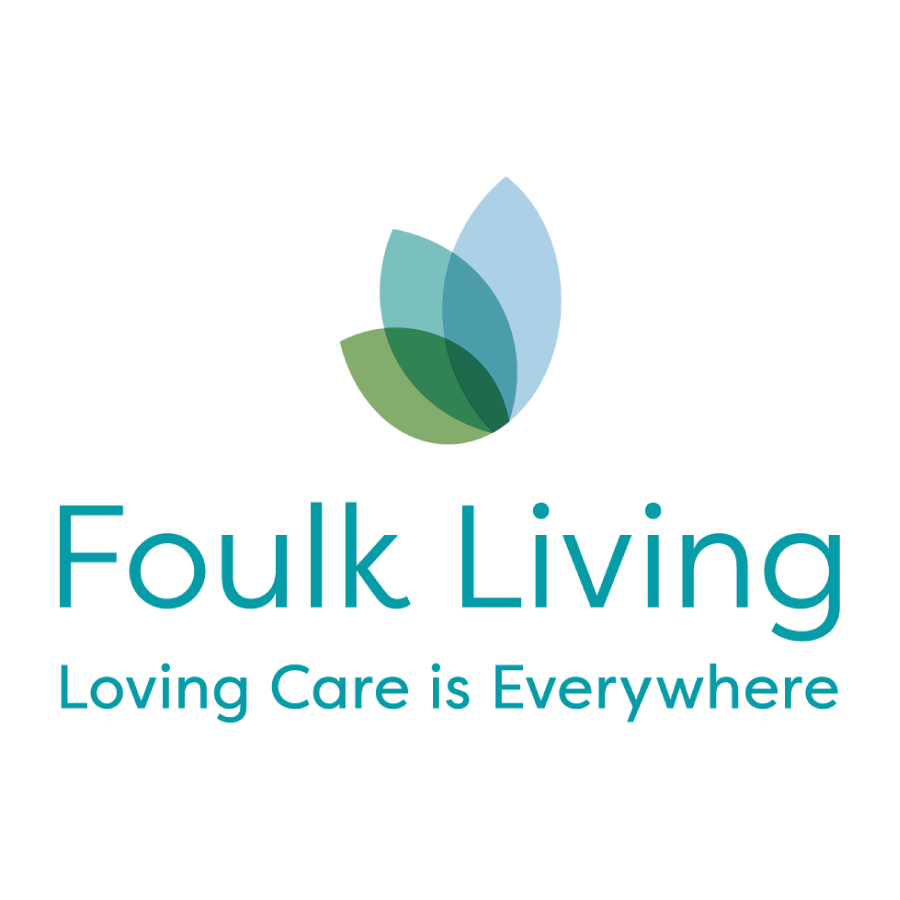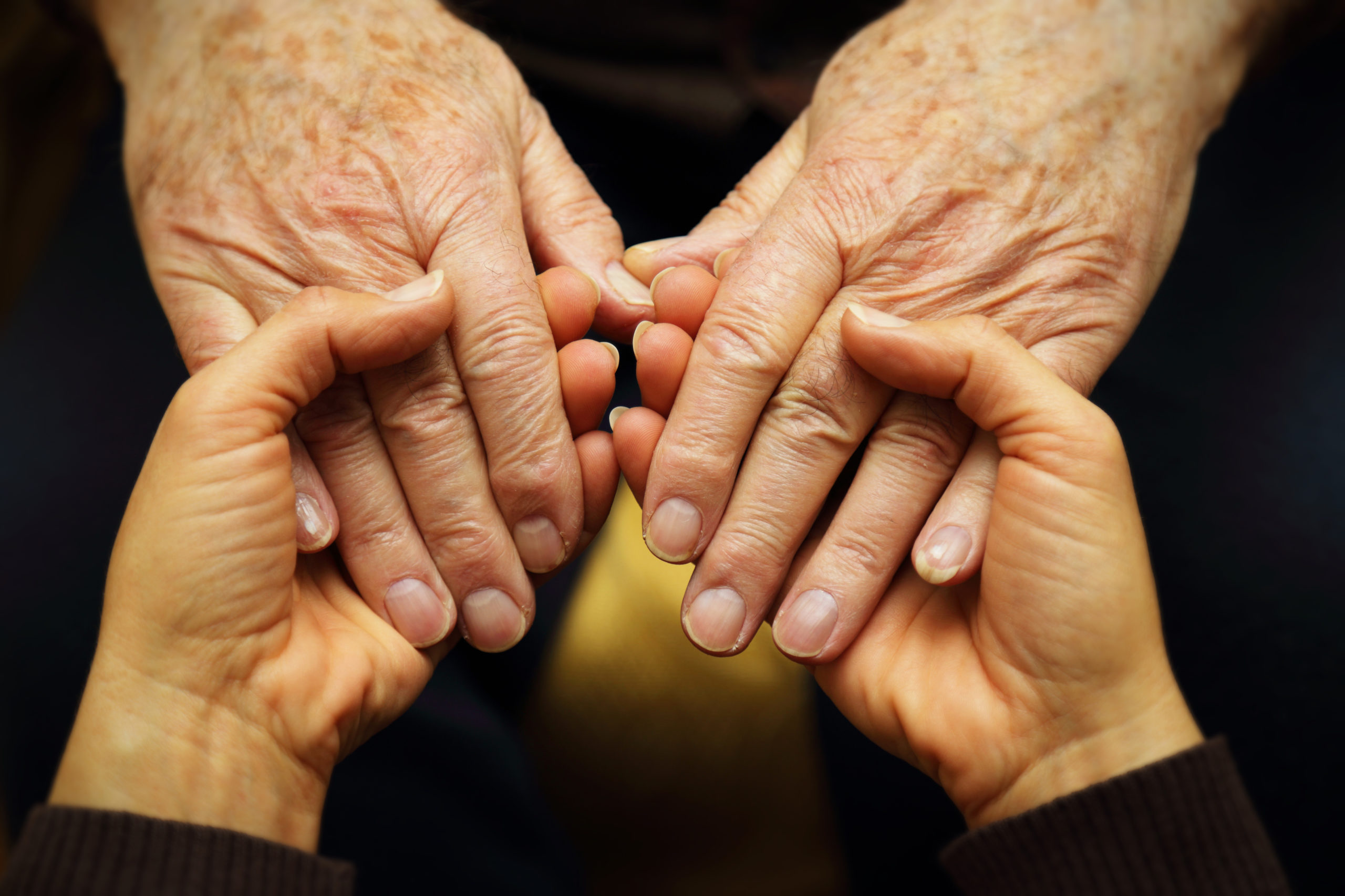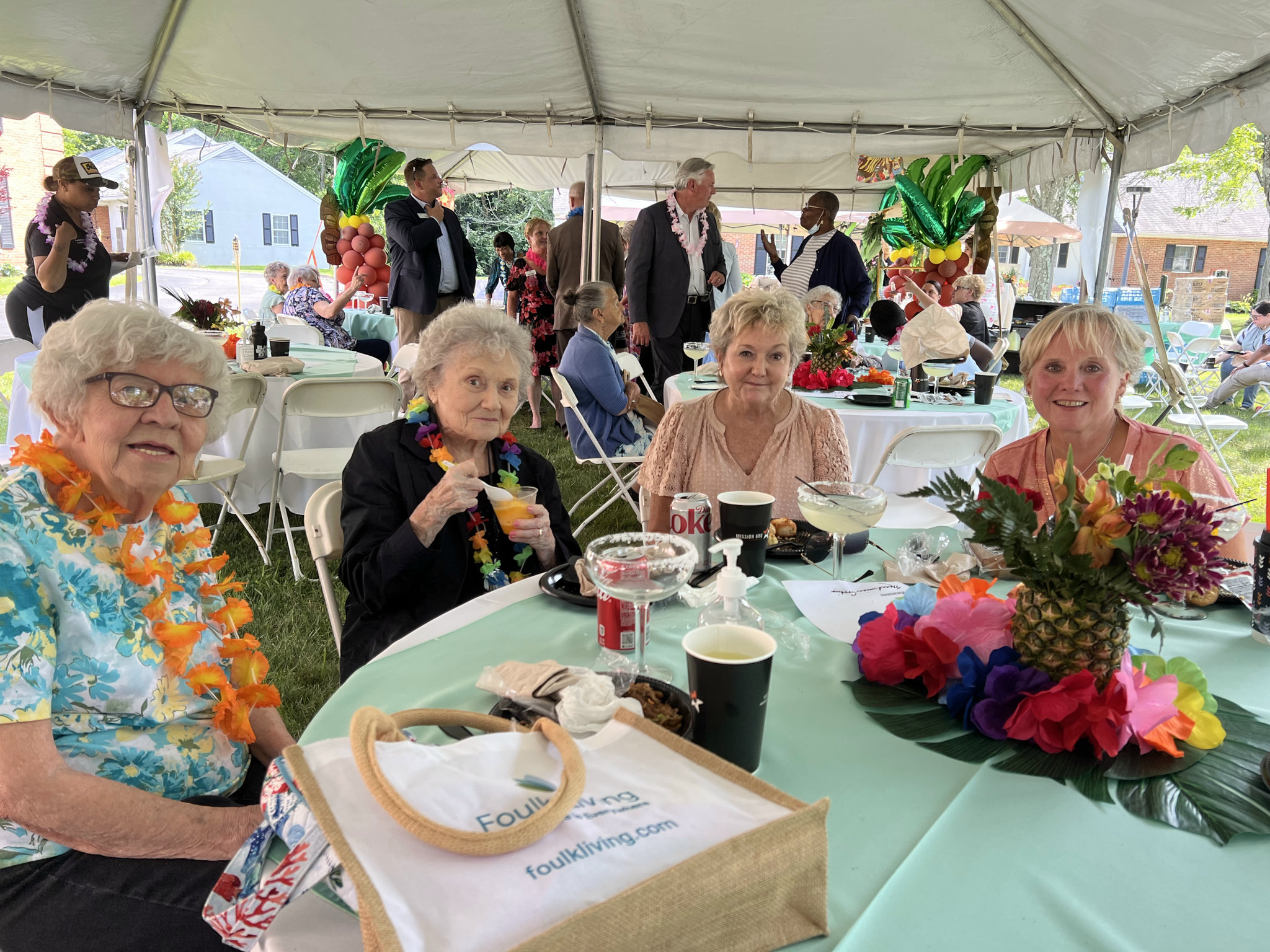Rehab Director at Foulk Living Improves Residents’ Quality of Life
November 15, 2024 | News
Lily Postus was in college but hadn’t decided on a major until a friend was struck by a car. Seeing how her friend recovered from her injuries thanks to physical and occupational therapy spurred Postus to pursue training as an occupational therapist. This, in turn, led to her new position as director of rehabilitation at Foulk Living senior living community in Wilmington, Delaware.
“My friend was doing a lot of occupational therapy, and she invited me to attend one of her sessions,” Postus recalls. “I could see how it was helping her get back to a full life.”
Helping people improve their quality of life, whether that means going home following short-term rehabilitation or living better and more independently in assisted living or long-term care, is a goal for Postus, who enjoys making a positive difference in people’s lives.
In 2017, Postus earned a Bachelor’s degree in kinesiology. She then went on to receive her Master’s in occupational therapy, a form of therapy that focuses on helping people resume function in order to perform the tasks of daily living.
Postus is also a certified neuro specialist, meaning she has specialized stroke rehabilitation training.
She has previously worked with pediatric patients. She prefers, however, working with seniors and being part of a team of professionals working together to help them regain independence and improve their quality of life.
She says that the team approach is one way in which Foulk Living, which provides independent living, assisted living, memory care, short-term rehab, and skilled nursing, stands out from other senior living communities.
“Everyone –doctors, nurses, occupational therapists, speech therapists, physical therapists, dieticians, and social workers, needs to come together to have that positive impact,” she says.
Communication is key to providing the best care possible for patients, and that’s what staff do at Foulk Living.
“We are all talking constantly about what’s in the best interest of our patients,” she says. “We have a very strong team here and very good communication.”
Postus says she is drawn to occupational therapy because it is a mix of science and creativity, which comes into play when trying to find a solution that addresses a person’s particular needs.
If a patient has trouble with hand or grip strength and can’t use a regular remote control to turn on their TV, for example, she will look into providing them with assistive technology, such as a remote with voice control.
“If I can make a change that helps make a person’s life better— that’s a win for me,” she says.
Besides finding solutions, Postus also helps identify what residents need to do to improve their strength or functionality. If a resident of assisted living falls, for instance, Postus will provide an assessment to indicate what therapies can help them return to functionality.
Postus enjoys seeing people improve and knowing that she had a role in helping them attain a better quality of life.
“Just because you are older doesn’t mean you shouldn’t have a good and meaningful life,” she says. “I think your quality of life shouldn’t be any different than when you were 20.”



